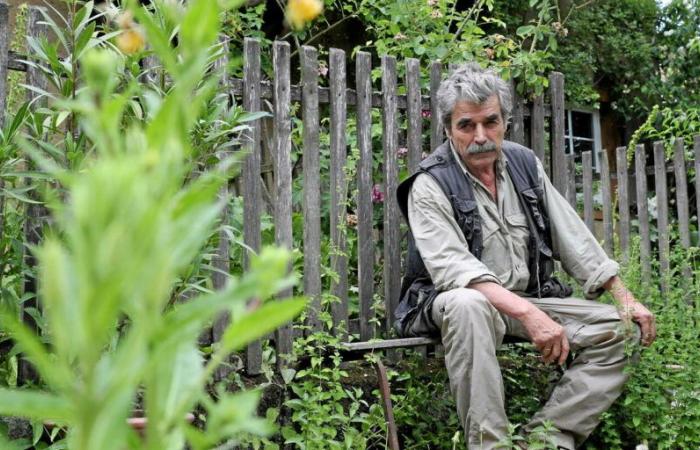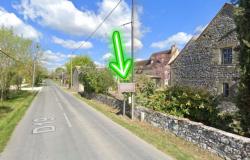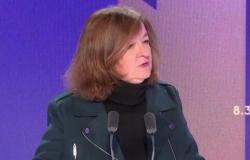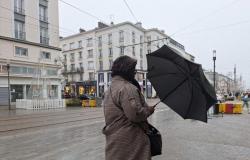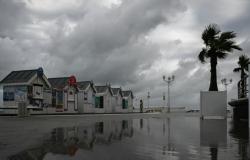Ihe was an old traveling companion of Bernard Kouchner. Louis Schittly, co-founder of Doctors Without Borders, died Wednesday 1is January at the age of 86. Writer, peasant, eternally attached to his native Alsatian land, he achieved ultimate glory in 1999, winning the Nobel Peace Prize.
Every evening from 6 p.m.
Receive the information analyzed and deciphered by the Point editorial staff.
Merci !
Your registration has been taken into account with the email address:
To discover all our other newsletters, go here: MyAccount
By registering, you accept the general conditions of use and our confidentiality policy.
According to France 3 Grand Est, it was first and foremost a missionary vocation which was born from the trauma of the First World War. Love will put the man back on the path of humanitarianism: after a retreat at Mont Sainte-Odile, he becomes a doctor. This was accomplished after studying in Strasbourg then in Lille: he joined the Red Cross in 1968.
ALSO READ “The Taliban ask MSF to take charge of the health system” His beginnings in humanitarian work will be marked by the conflicts in Biafra, a breakaway state in West Africa located in the southeastern part of Nigeria which was marked by a civil war between 1967 and 1970. When he returns after the war, his friendships led him to create, with Bernard Kouchner, the Gimcu (Emergency Medical-Surgical Intervention Group), which would later become Médecins sans borders.
Louis Schittly, “the example of the free man”
To Discover
Kangaroo of the day
Answer
Ivory Coast, Vietnam, Serbia, Mali… The doctor, in the 1970s, 1980s and 1990s, increased his comings and goings in war zones. He took the opportunity to write several books or produce a documentary tribute to the peasant world. The ardent defender of the Alsatian language was awarded the Nobel Peace Prize in 1999 for the co-creation of Doctors Without Borders.
ALSO READ Embodying a “revolting humanitarian”, by Dr. Mego TerzianAt the end of his life, he retired to his native village of Bernwiller, in Haut-Rhin. Alternately a practicing Catholic, then an atheist, then Orthodox, he was “the example of the free man” according to Vincent Froehly, director of a documentary on his mentor, who described him as a second father, “spiritual, spiritual, intellectual and festive. “What you perhaps thought was impossible to do or a little complicated, with him it became possible. » An example, therefore, forever inscribed in the pages of great humanitarian history.

